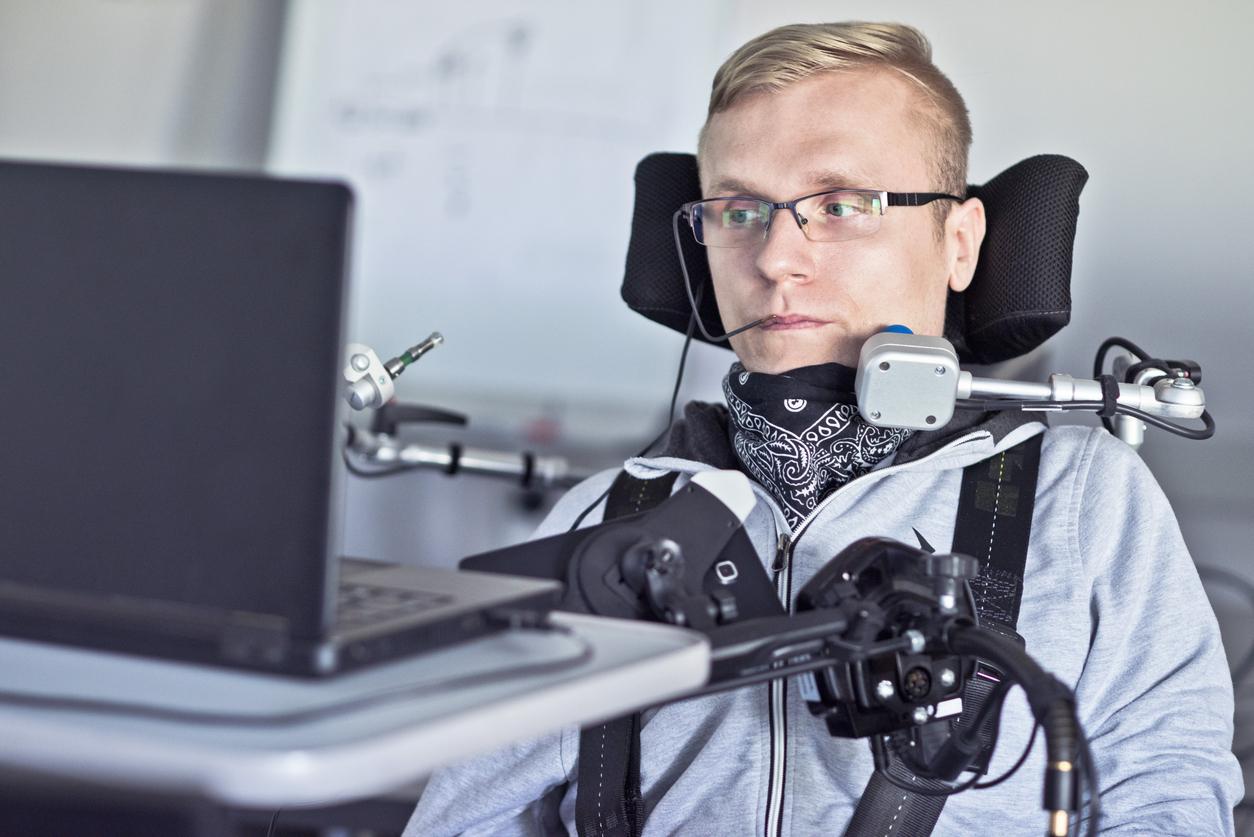Helping patients understand how their thoughts, feelings and behaviors are related to their eating difficulties may help achieve lasting recovery.

- According to Bethany Crowley, an eating disorder specialist, the relapse rate “is high” among people with eating disorders “who seek treatment.”
- She suggests that an integrative approach to treating eating disorders would promote lasting recovery.
- Silencing negative thoughts, learning to manage emotional triggers and practicing self-compassion are among the key skills described by the eating disorder specialist.
Anorexia, bulimia and other eating disorders (EDs) affect millions of adults. “Anorexia, bulimia and binge eating disorders affect an estimated 30 million people in the United States each year, and one person dies from them every 62 minutes. There is a high relapse rate among those who seek treatment because these disorders are often poorly understood,” according to Bethany Crowleya specialist in these eating disorders. In a bookshe suggests that an integrative approach to treating people is needed, focusing on the whole person rather than just the eating disorder.
TCA: “A packet of crisps can be a symbol of love and replace a hug”
After meeting with several patients, who allowed her to illustrate the difficulties encountered by people with eating disorders, the expert wanted to demystify the complexities and nuances of EDs. According to her, eating disorders are difficult to treat because “Everything is a metaphor and one of the keys to healing is understanding the meaning of food and eating. A bag of crisps can be a symbol of love and replace a hug.” The specialist explains that sensitivity to rejection, obsessive thoughts and compensatory behaviors, such as eating only after exercising, are among the many warning signs of a possible eating disorder. “Teaching patients to use their inner voice and silence negative thoughts is the key to healing.”
She adds that people with eating disorders often struggle to manage everyday life and relationships, such as social situations, and that another key skill is understanding the ways people relate to others and the needs to develop healthier relationships. Other skills include changing the “story” or “narrative” that people have been repeating for years. Bethany Crowley says some people see their eating disorder as a “best friend.” “What is needed is for them to learn to let go of their rigid thoughts and the belief that they cannot change a negative situation, even if they have the opportunity to do so.”
“Psychoeducation is an essential part of my treatment method” for eating disorders
Drawing on multimodal therapy (MMT), which is evidence-based and explores the biological, psychological and social aspects of why someone develops an eating disorder, she says therapists need to develop a better understanding of patients’ struggles from the start of treatment through to discharge.
“Psychoeducation is a vital part of my eating disorder treatment approach. Helping clients understand how their thoughts, behaviors, feelings, and perceptions are related to their eating difficulties and body dissatisfaction has been a cornerstone of my effective approach. For example, people who struggle with eating often have a hard time asking questions when things don’t make sense, which may be due to their anxiety or need for control. If they don’t ask questions, how can they hope to improve? It’s our job to help them clarify their issues, so they can eventually ask the right questions and then better follow through and practice the skills needed for eating disorder recovery,” she continued.


















